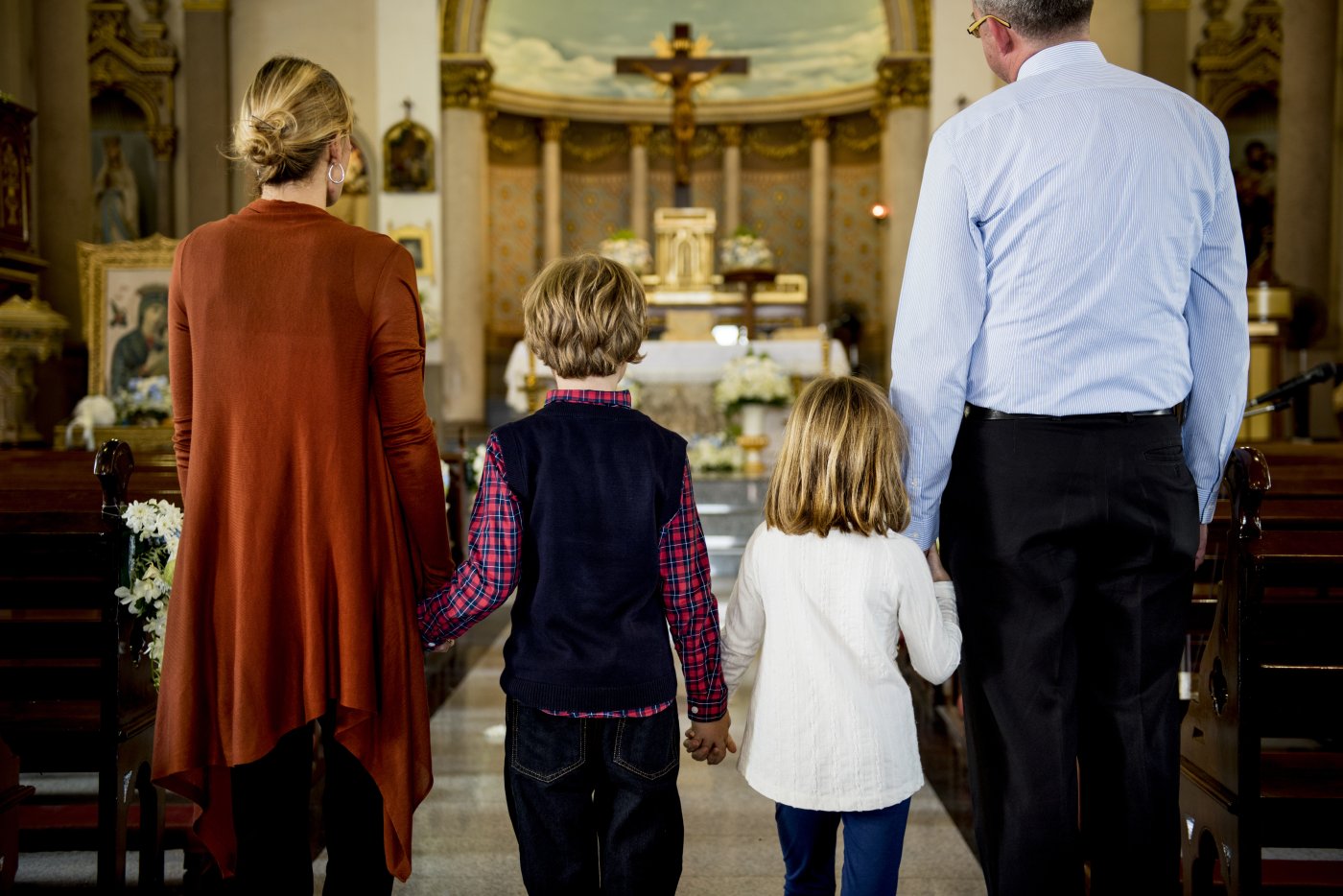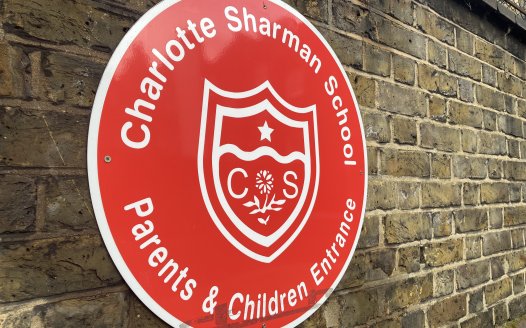Faith schools foster unfairness and discrimination
Posted: Tue, 20th Jun 2023 by Stephen Evans
Fairness and freedom should be central to state education. Recommendations from the UN child rights committee lay bare faith schools' failings, argues Stephen Evans.
On any given Sunday countless numbers of nonbelievers dutifully trapse off to church, not in search of sermons or salvation, but school places.
The bizarre phenomenon of parents attending church to secure a place at their local school stems from around a third of state funded schools being faith schools. Many of these may, when oversubscribed, give preferential treatment to children from families deemed sufficiently pious.
Faith-based admissions exist to ensure religious organisations running state schools can 'serve their own'. But the system also benefits the 'pew-jumping' middle class, who are willing and able to game the system by feigning faith to gain a place in a sought-after selective school.
It's often claimed that church schools deliver better academic outcomes. But the evidence shows that any educational advantages are small and are explained by factors around pupil intakes, such as religiously selective admissions arrangements.
Religious selection acts as a form of socioeconomic selection – and it's this, rather than a religious ethos, which compels many middle class parents to turn up at church to gain a place at a well performing school, without paying for a place at a private school. 'On your knees, avoid the fees', as the saying goes.
One such parent who admitted to doing this appeared on a local BBC radio debate I took part in last weekend. He explained that, unsatisfied with the schools in his catchment area, and unable to avoid private school fees, he attended services at an evangelical church once a month for five years to gain the necessary 'points' for a school place. He stopped going the moment his child's application was submitted.
That parents are willing to jump through such hoops to get their child into a particular school is a sad reflection on our state school system. Ideally, all children would have access to a good local school. By siphoning off the children from wealthier families at the expense of the rest, faith schools exacerbate the attainment gap between non-selective and selective education.
Gaming the system may be morally dubious, but rather than blame parents, we should reserve our indignation for a system that allows taxpayer funded schools to operate discriminatory admissions and select pupils on religious grounds.
The Equality Act exemptions that allow faith schools to give preferential treatment to worshippers legitimises faith-based discrimination. Thirteen years after the passing of landmark legislation to protect people from unfair treatment, religion's influence in state education is ensuring 19th century-style religious discrimination remains a feature of 21st century schooling.
Making religious leaders the gatekeepers to publicly funded services has other unintended consequences, too.
Whilst Church of England and Catholic schools usually require church attendance to gain the school's blessing, religious requirements in the oversubscription criteria of some minority faith schools' policies impose extreme religious ideology on families.
National Secular Society research revealed how some religious authorities use faith-based admission requirements to control how their students' families dress, whether they can use the internet, what they can eat, and even when they have sex.
Surely, it's time to consign this form of discrimination to history.
The UN Committee on the Rights of the Child (CRC) certainly thinks so. In its concluding observations to its latest periodic examination of child rights in the UK, the CRC called on the UK to guarantee the right of all children to freedom of expression and to practise freely their religion or belief, including by repealing archaic school worship laws and preventing the use of religion as a selection criterion for school admissions.
Those campaigning for a fairer and more inclusive school system often ignore faith schools and focus instead on grammar schools. The government has admitted it does not know how many schools apply religious discrimination in their admissions. But it's clear that far more school places in England are subject to religious selection than academic selection. So, if you want to achieve a fairer and more inclusive education system, faith schools are the obvious place to start.
That means standing up to entrenched religious interests by insisting the schools we all pay for are open equally to all children, without regard to religion or belief – and that they respect and protect all their pupils' freedom of religion or belief.
Despite the lack of evidence that faith schools do this any better than other schools, faith school enthusiasts like to wax lyrical about the values they instil in children – honesty, kindness, compassion, justice. But the values they actually entrench in society are privilege, unfairness, and discrimination.
One Conservative MP characterised the UN's recommendations as "intolerant" and an "attack on people and institutions of faith". Vested interests lined up to echo those sentiments. But tackling human rights violations and discrimination takes aim not at religion, but at the negatives that flow from organising public services around it.
A pluralist society should both tolerate and celebrate all forms of diversity, but that diversity should be represented within schools, not be a marker of division and a basis for educating and segregating children.
Adopting the UN child rights committee's recommendations would go a long way to putting things right.
Image: Rawpixel.com, Shutterstock
End religious discrimination in school admissions
Our schools shouldn't select pupils based on faith. Join our campaign.








